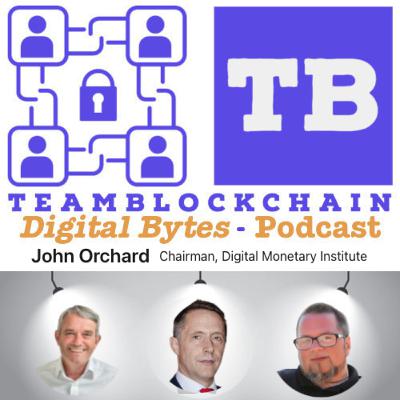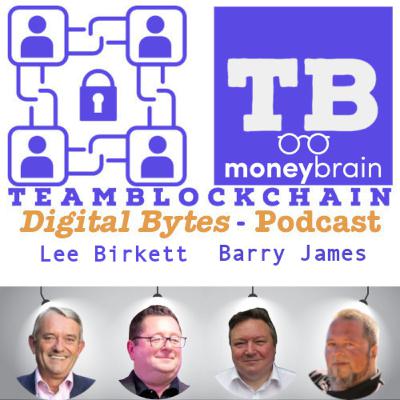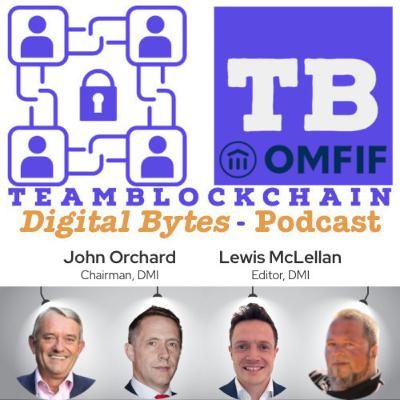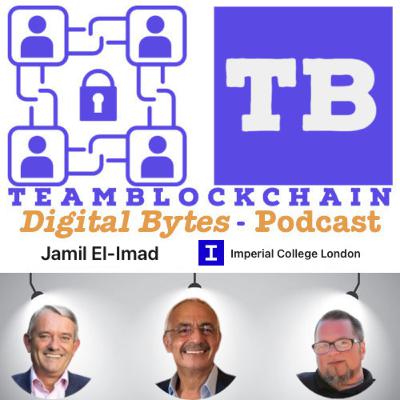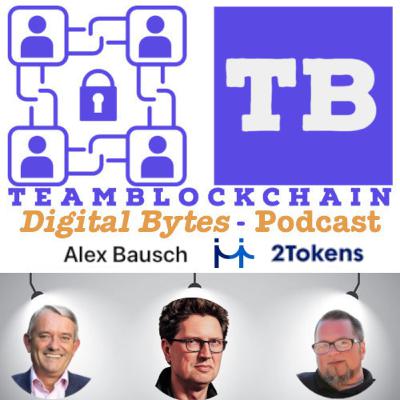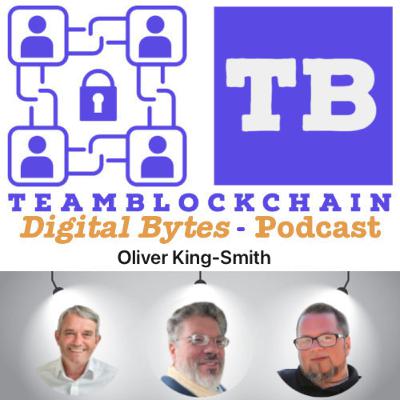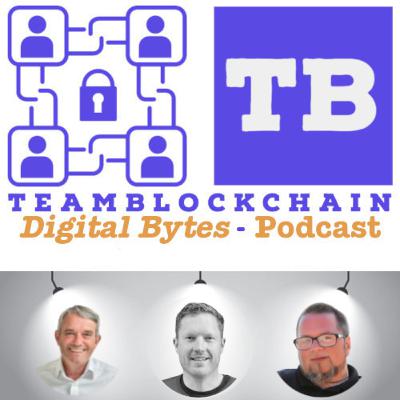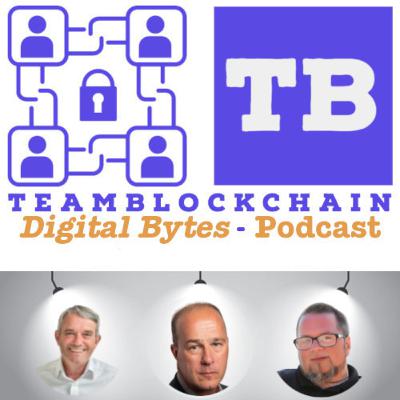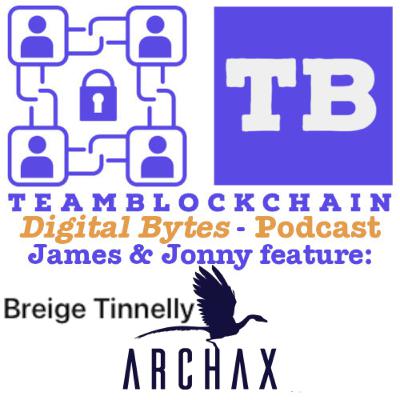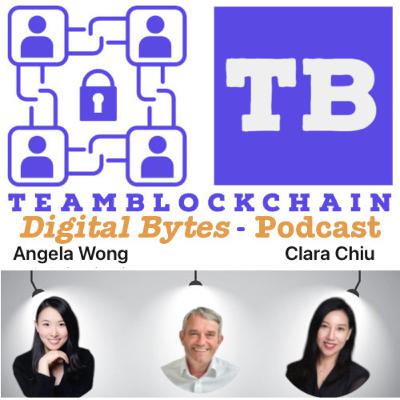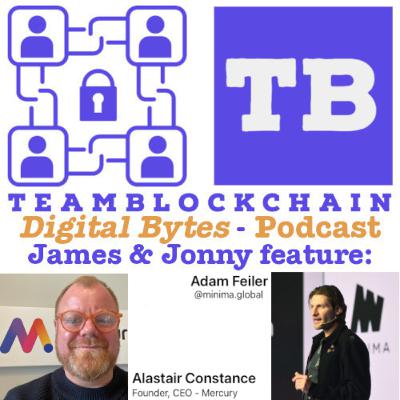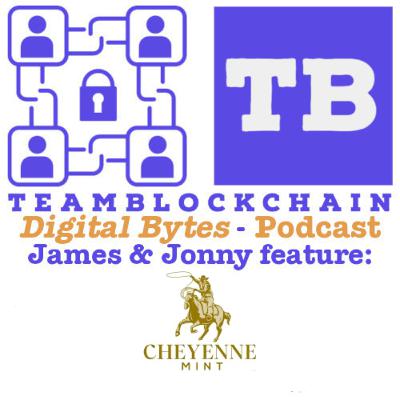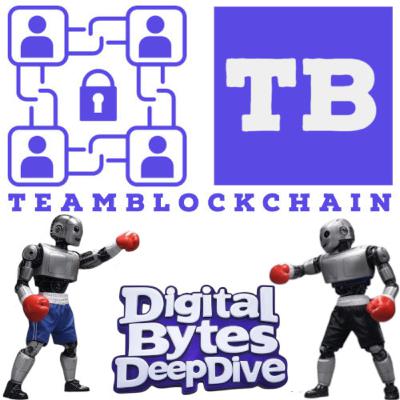S5 E39 Digital Bytes 25th of September ft David Adeola CTO at Influx with James Tylee and Jonny Fry
Description
Digital money and the gig economy (Part 1) - the gig economy is growing as more staff work remote or hybrid and employees shift from traditional full-time employment to more flexible, short-term work facilitated by digital platforms such as Fiverr and Upwork. But, whilst the gig economy offers benefits such as autonomy, flexibility and accessibility to a wide range of workers, it also presents challenges such as income instability, lack of job security and exploitation risks due to the independent contractor status of gig workers. This article also points out the significant role digital money plays in this evolving labour market, with more insights in part 2.
Argentina's economic crisis: can digital currencies be the solution? - with severe inflation and economic instability, Argentina faces challenges similar to those of El Salvador and the Central African Republic (CAR). However, digital currencies, already widely adopted in Argentina, offer a potential solution to these economic woes. The Crecimiento Movement in Buenos Aires is leading this change, and other global case studies suggest that cryptocurrencies could improve economic stability. Managing Bitcoin's volatility and integrating it into the financial system pose significant challenges and so addressing these hurdles effectively will be crucial for Argentina to harness the full potential of digital currencies and stabilise its economy.
Blockchain and economic resilience: enhancing stability in times of crisis (Part 2) - blockchain technology offers the potential to enhance economic resilience during crises by improving transparency, efficiency and coordination in areas such as humanitarian aid, infrastructure and financial systems. But whilst it offers significant benefits, challenges such as scalability, regulatory uncertainty, interoperability, security risks and privacy concerns could hinder widespread adoption. Ultimately, the key question is whether blockchain can transform the global economy equitably or if it will reinforce existing power structures, so emphasising the need to balance decentralisation with oversight and security.
The remote work revolution: surviving and thriving as a digital native in AI and Web3 - the remote work revolution, driven by digital natives and fuelled by AI and Web3 technologies, has transformed modern business operations. Digital natives, who are highly comfortable with technology, thrive in remote work settings so allowing companies to tap into global talent pools and reduce overhead costs. However, managing remote teams presents challenges, particularly regarding communication, culture and trust. And, as companies explore hybrid work models, they strive to balance the flexibility of remote work with the collaboration benefits of in-person interaction.





